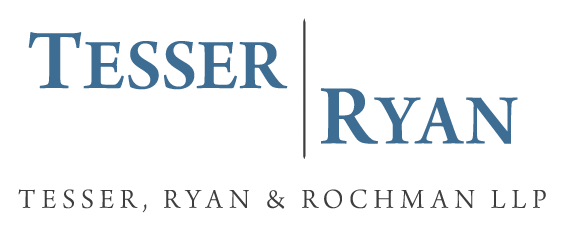New York State Passes Criminal Justice Reform Package
The New York State Democrats, since gaining control of both the State Assembly and Senate after the 2018 election, have made criminal justice reform a priority. In April 2019, the New York State legislature passed a series of transformative criminal justice reforms that will begin to take effect in January 2020. After months of debate, Governor Cuomo signed into law a criminal justice reform package that aims to modernize three areas of the criminal justice system: bail, discovery, and speedy trial.
Bail proved to be the most contentious issue for the State Legislature, with lawmakers disagreeing whether to remove the cash bail system entirely, or to significantly restrict cash bail. The final bill eliminates cash bail for all misdemeanors and class E felonies (the lowest level of felony offense), with some minor exceptions, and instead requires police officers to serve desk appearance tickets (tickets that are handled outside the criminal justice system). The new bail legislation also incentivizes judges to release individuals under non-monetary conditions rather than holding people in pre-trial detention, unless a court finds the individual to be a flight risk. This can include electronic monitoring, release into the custody of a family member, etc. Finally, the new bail legislation creates pretrial service agencies. Every county in the State is required to have at least one pretrial service agency, which is responsible for monitoring individuals released under non-monetary conditions and informing them of upcoming court appearances.
The New York legislature repealed and replaced the previous discovery statute under the New York’s Criminal Procedure Law (CPL), which instructed opposing attorneys as to how and when to exchange documents that are necessary to prepare for trial. The new discovery statute, now Article 245 of the CPL, requires open discovery on an ongoing basis after a defendant is arraigned. This means that both sides of a prosecution will have early access to grand jury testimony, the names and contact information of all potential witnesses for the prosecution, all statements made by individuals to be called as witnesses by the prosecution, all expert evidence, all tapes and electronic recordings under the prosecutions’ control related to the criminal incident, and all exculpatory evidence. In particular, the new statute requires that this material be exchanged as soon as is practicable but no later than fifteen calendar days after a defendant’s arraignment.
Reform efforts aimed at providing fast and efficient trials to comply with the Sixth Amendment are known as “speedy trial reforms.” There are three features that the new law adds to the speedy trial provisions of the CPL. First, vehicle and traffic infractions are now covered by the speedy trial statute, whereas before they were not. As a result, these types of infractions are now subject to the same procedural requirements as other, more serious criminal infractions. Second, when a prosecutor tells the court that they are ready for trial, the prosecutor must also sign a document confirming that the new discovery requirements have been met, and the defendant will have a chance to formally object if this is not the case. Third, if the prosecution tells the court that they are ready to proceed with trial, but subsequently asks for more time, the court will only approve the prosecutor’s request upon “a showing of sufficient supporting facts.”
With the new legislation scheduled to go into effect in January 2020, government offices will have approximately eight months to acclimate themselves with the law and consider what adjustments will have to be made in order to comply with the new procedures. All interested parties will be preparing for the foreseeable consequences and predicting the unforeseeable consequences that this new legislation will have on the New York State criminal justice system. Nevertheless, there is an overwhelming sense of optimism that these reforms will help ensure that the criminal process is fair to all criminal defendants.
TRR Partner Lew Tesser is the chair of a task force commissioned by the Justice Center of the New York County Lawyers’ Association that is investigating further reforms to New York’s criminal justice system. Click here for more information.
